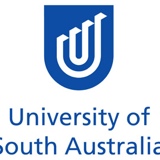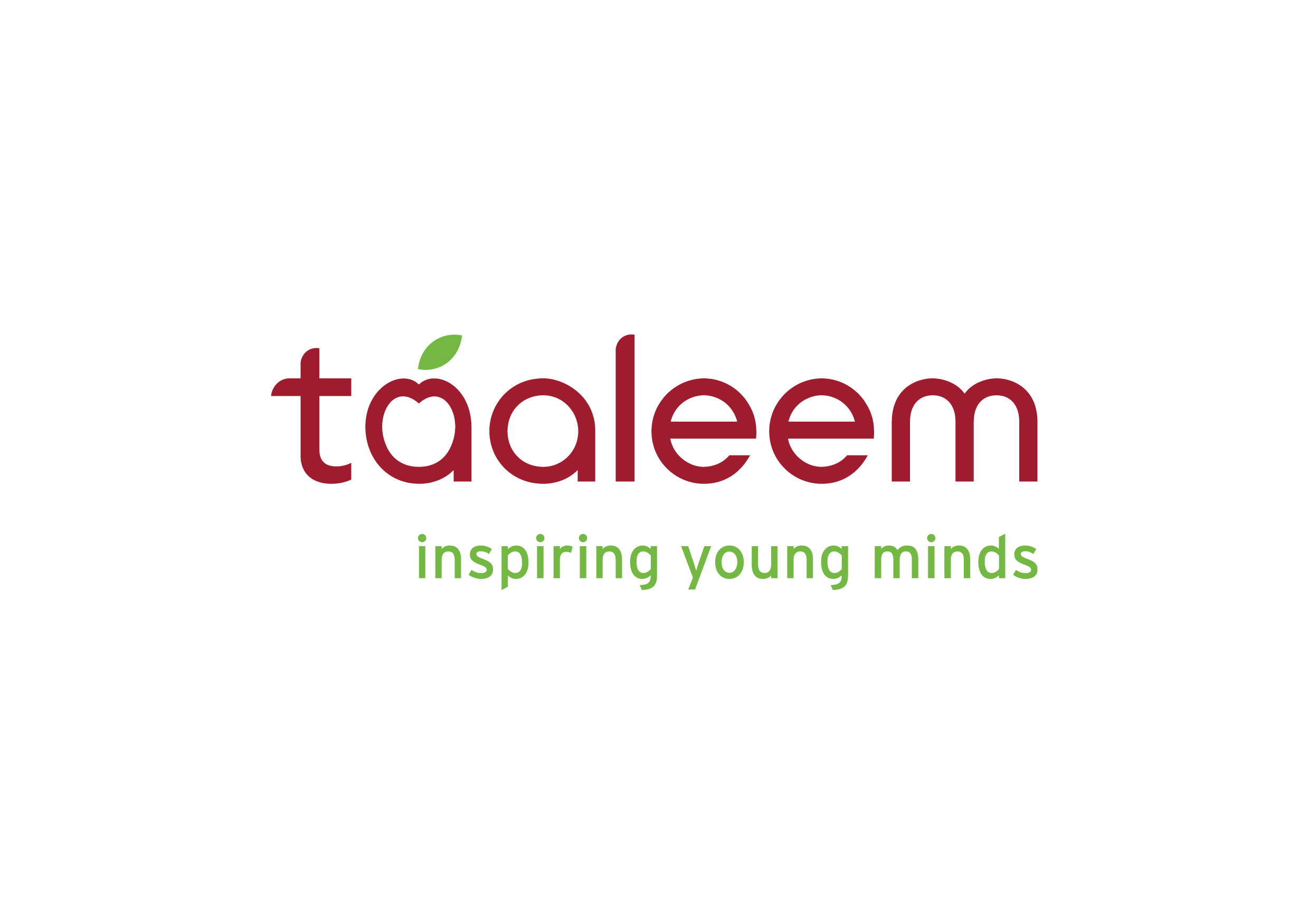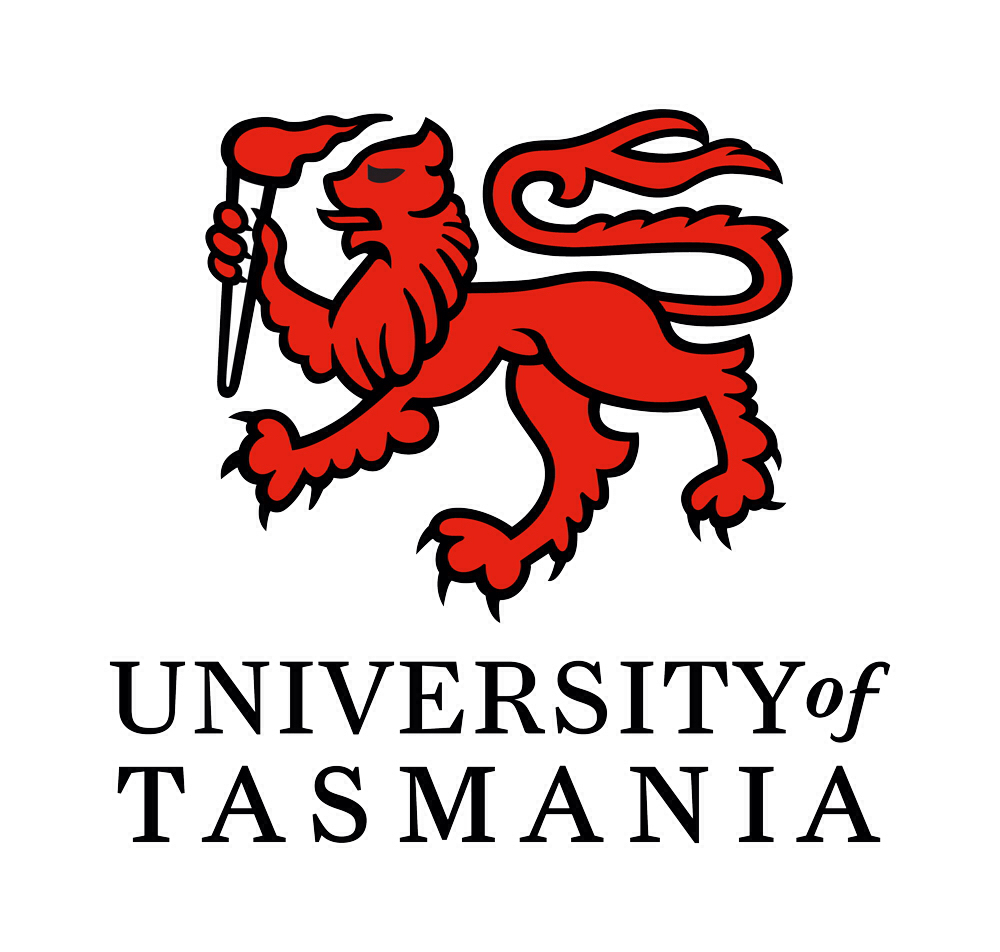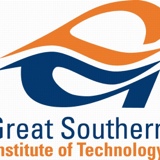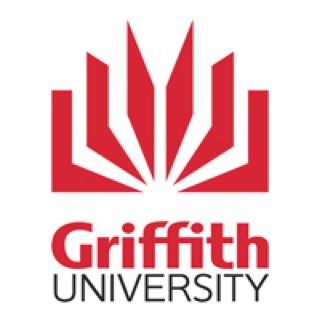Information
-
Audit Title
-
Document No.
-
Client / Site
-
Conducted on
-
Prepared by
-
Location
-
Personnel
-
Unit to be Validated
-
Training Package Unit Resides
-
Enter date of last validation for this unit.
-
If the previous validation records are present, have the recommendations been auctioned?
Validity - Assessments should cover the range of skills & knowledge necessary to demonstrate competency. Attach an assessment map & guide. List evidence & record comments. If no is selected, then make recommendation.
-
The assessment tasks are based on realistic workplace activities, contexts & demonstrate currency?
-
The evidents relates directly to the unit of competence.
-
The tool will assess the candidate's ability to meet all the performance criteria for this unit of competency?
-
The tool has at least two forms of evidence for each performance criteria?
-
The assessment tasks have been designed to allow holistic & integrated assessment of knowledge, skills & attitudes?
-
More than one task & source of evidence will be used as the basis for judgement?
-
Evidence drawn from a variety of performances over time where practical? (Formative Assessment)
-
Different sources of evidence of knowledge & skills that are underpinning for this unit of competency will be considered in the assessment?
-
The purpose, boundaries & limitations of the interpretations of evidence have been clearly identified?
-
The methods & instruments selected are appropriate for the industry sector?
-
The methods & instruments selected meet approved current industry standards?
-
Where practical, the methods & processes for assessment have been validated by another person with expertise in the competencies being assessed?
Reliability -Reliability is the consistency with which an assessment method measures what it is supposed to measure. Highly reliable assessment methods are designed so as to eliminate all possible errors & as such can be used repeatedly in a unchanging situation to produce constant results.
-
Critical aspects of evidence have been identified, & the assessment tool ensures that these aspects are assessed?
-
Assessors have prepared assessment exemplars, checklists & sample answers?
-
The assessment guide/tools for observing & recording evidence are based on the unit of competency?
-
Clear guidelines are available from the RTO to ensure that assessors make consistent decisions over time & with different candidates?
-
Where multiple assessors are involved in conducting parallel assessment events, the strategies used have been agreed in a delivery strategy?
-
Consistent instructions to candidates & procedures for undertaking assessment are available to all assessors from RTO's?
-
Where work samples are to be used as evidence, candidates will receive specific guidelines on requirements, including information about ensuring authenticity & currency of the evidence?
-
Where a unit or units of competency are to be assessed in different situations, the situations are generally comparable?
Flexibility - Assessment should cover both on-and off-the job components of training. Assessment procedures should be relevant for the recognition of competencies no matter how, where or when they have been acquired.
-
The assessment approach cab be adapted to meet the needs of all candidates & workplaces?
-
Where practical & appropriate, assessment/evidence will be negotiated & agreed between the assessor & the candidate?
-
Candidates will be able to have their previous experience or expertise recognised?
-
The assessment strategy adequately covers both the on- and off-the job components of the training?
Fairness - Assessment procedures & criteria for judging performance must be clear to all learners seeking assessment.
-
Candidates will be given clear & timely information on assessment?
-
Information for candidates will cover assessment methods, procedures, the criteria against which they will be assessed, when & how they will receive feedback & the mechanism for appeal?
-
The assessment tool has a process for customization of the assessment, which will be negotiated with candidates to meet any special needs?
-
Candidates will be made aware of their responsibilities with regard to assessment?
-
The assessment approach chosen caters for the language, literacy & numeracy needs of all candidates?
-
The special geographic, financial or social needs of candidates have been considered in the development & conduct of the assessment?
-
Reasonable adjustment can be made to the assessment strategy to ensure equity for all candidate, while maintaining the integrity of the assessment outcomes?
-
Opportunities for feedback & review of all aspects of assessment will be provided to candidates?
-
There are clearly documented mechanisms for appeal against assessment processes & decisions & these will be provided to candidates prior to assessment?
General review of assessment tool by validation team.
Modification is required of the tool, & will be carried out by?
-
Agreed by?
Moderation leader to sign ( on behalf of the validation team).
-
Signed by?
Follow up action completed by?
-
Name of person completing follow up.
-
Enter date action completed.






